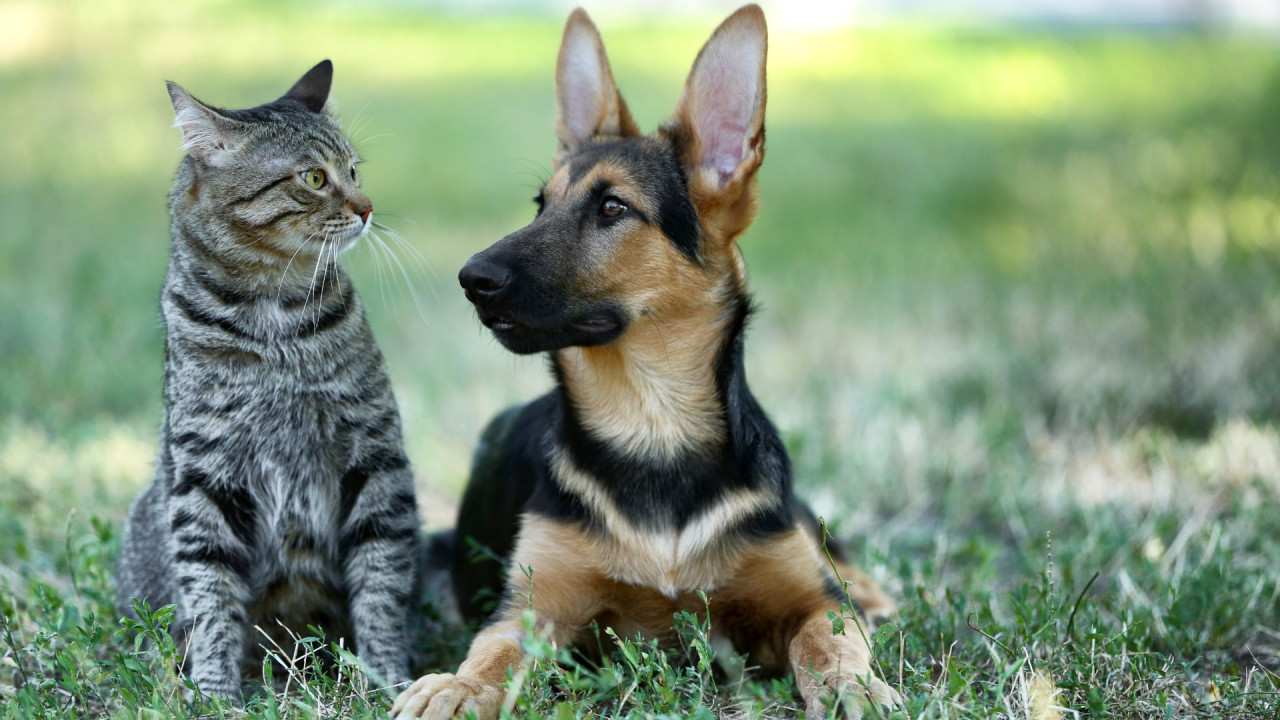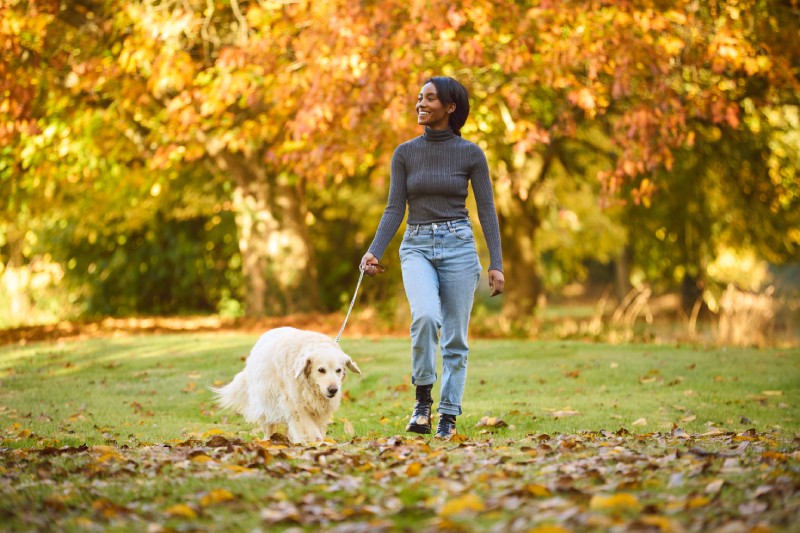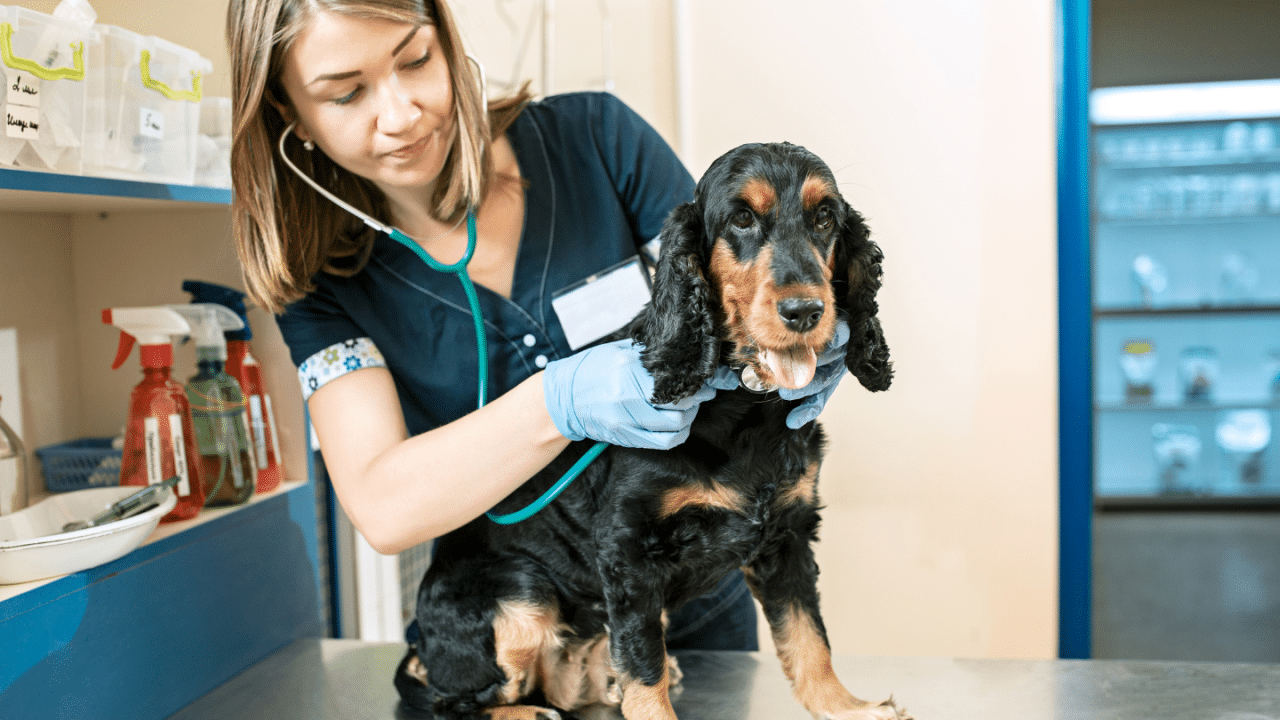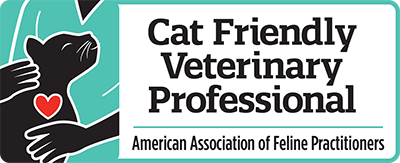
Imagine your pet’s world: the joyful chase after a ball, the comforting cuddle on the couch, the playful exploration of their surroundings. All these experiences rely heavily on their vision, a precious sense that allows them to navigate their environment, interact with you, and experience life to the fullest.
However, many pet owners may not be aware of the importance of regular eye care for their furry companions. Just like regular checkups are essential for your pet’s overall health, so too are examinations specifically focused on their vision.
The Power of Early Detection
Regular veterinary visits incorporating thorough eye examinations are crucial for maintaining your pet’s vision health. During these checkups, your veterinarian can:
- Evaluate the health of your pet’s eyes: This comprehensive examination involves inspecting various structures of the eye, including the eyelids, cornea, iris, lens, and retina, to assess their health and identify any potential issues.
- Detect problems early: Early detection of eye problems is key to successful treatment and preventing vision loss. The American Animal Hospital Association (AAHA) emphasizes the importance of early detection highlighting the significant impact it can have on your pet’s well-being.
- Recommend appropriate treatment: If any concerns are identified, your veterinarian can recommend the most suitable treatment plan based on the specific diagnosis and your pet’s individual needs.
By prioritizing regular eye care and acting promptly on any identified issues, you can significantly contribute to preventing vision loss, improving your pet’s comfort and well-being, and potentially avoiding more complex complications in the future.
Common Eye Conditions in Pets
Several eye conditions can affect pets, and some breeds may be more susceptible to certain ones. Here’s a look at some commonly encountered eye problems:
- Conjunctivitis: This is an inflammation of the conjunctiva, the pink tissue lining the eyelids and covering the eyeball. Symptoms can include redness, squinting, and discharge from the eye.
- Cataracts: This condition refers to a clouding of the lens of the eye, which can gradually lead to vision loss. While cataracts often develop in older pets, they can also occur in younger animals due to various factors.
- Glaucoma: This serious condition arises from increased pressure within the eye, damaging the optic nerve and ultimately leading to blindness if left untreated. Symptoms may include squinting, redness, and excessive tearing.
- Corneal ulcers: These are scratches or sores on the cornea, the clear outer layer of the eye. They can be caused by various factors, such as scratches from foreign objects, dry eyes, or infections.
- Entropion and ectropion: These conditions involve abnormal eyelid positions, where either the eyelids turn inward (entropion) or outward (ectropion), causing irritation to the cornea.
- Cherry eye: This refers to a prolapse of the nictitating membrane, also known as the “third eyelid,” which appears as a red, cherry-like mass in the corner of the eye.
Safeguarding Your Pet’s Vision
By incorporating these proactive measures into your pet’s routine, you can play a vital role in safeguarding their vision:
Schedule regular veterinary checkups: As emphasized earlier, regular veterinary checkups are crucial for early detection and treatment of potential eye problems. The frequency of these checkups will depend on your pet’s age, breed, and overall health.
Be observant: Pay close attention to any changes in your pet’s eyes or behavior that may indicate an underlying issue. Signs to watch for include:
- Redness, squinting, or excessive tearing
- Discharge from the eyes (color and consistency can vary)
- Pawing at the eyes
- Bumping into objects or appearing disoriented
- Changes in their usual playful or interactive behavior
Provide a safe environment: Keeping your pet’s environment free from hazards that could potentially injure their eyes, such as sharp objects, thorny plants, or household chemicals, is essential.
Maintain a clean environment: Regularly clean your pet’s eyes with a damp cloth recommended by your veterinarian, especially if they have any discharge or tend to get tear stains.
Consult your veterinarian before using eye drops: Never use any eye drops on your pet, even if labeled as “over-the-counter” or “pet-safe,” without consulting your veterinarian first. They can advise on the safety and suitability of specific products for your pet’s individual needs.
Be mindful of breed predispositions: Certain breeds may be more prone to developing specific eye conditions. Familiarize yourself with any potential breed predispositions and discuss preventative
Prioritizing Your Pet’s Eye Health in Olympia, Lacey, Tumwater, and Thurston County
At Bay Animal Hospital, we understand the importance of your pet’s vision to their overall well-being and happiness. By incorporating the practices outlined in this blog and seeking veterinary guidance for any concerns, you can significantly contribute to maintaining their vision health and ensuring they experience the world around them with clarity and joy. Remember, early detection and intervention are key to successful treatment and preventing vision loss.
If you’re located in Olympia, Lacey, Tumwater, or Thurston County, and have any questions about your pet’s eye health or would like to schedule a comprehensive eye exam, we invite you to contact Bay Animal Hospital. Our caring and experienced veterinary team is dedicated to providing your furry companion with the highest quality care, ensuring they see the world clearly and live a happy, healthy life.






